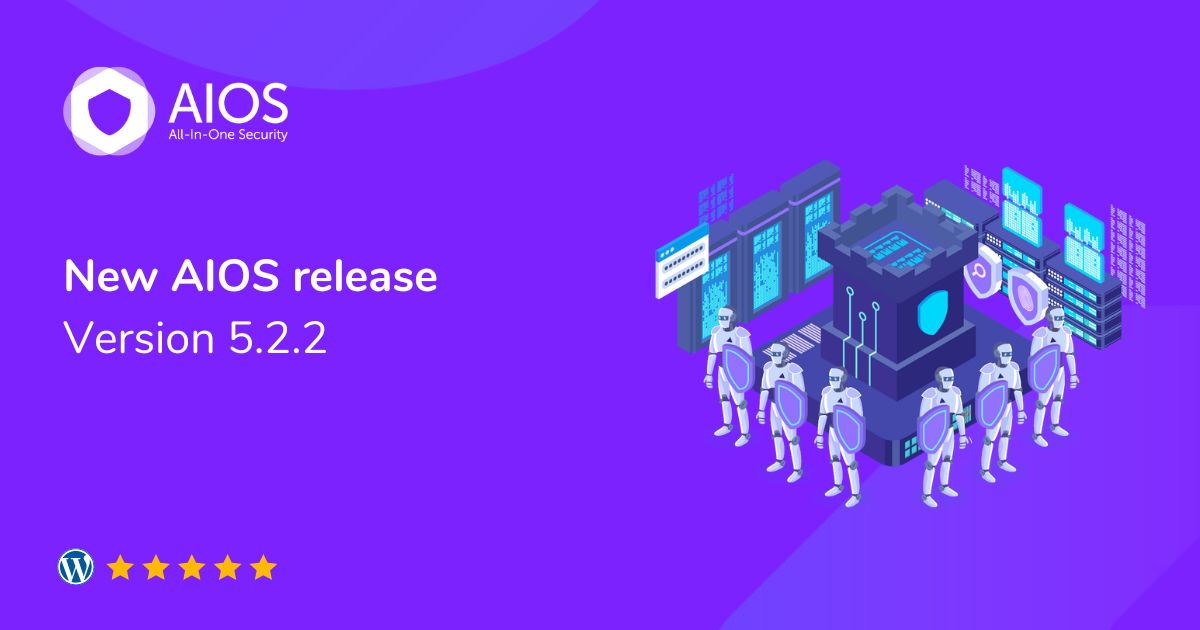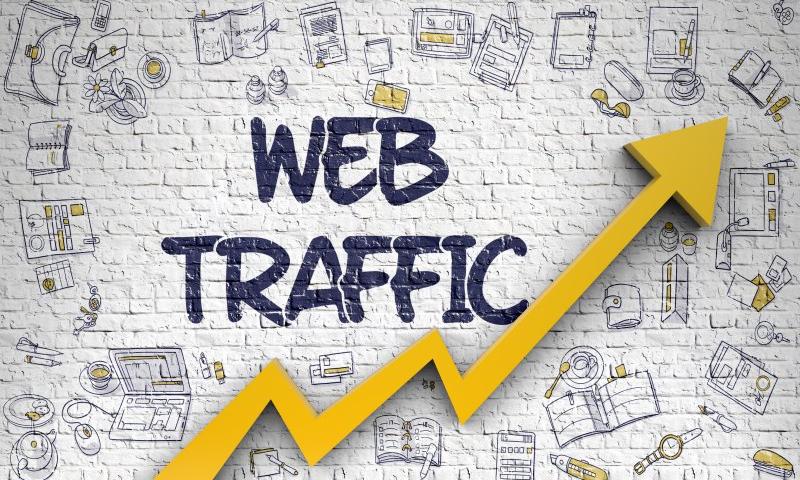In this post, we are going to see how you can add a chatbot plugin to your Drupal websites.
Drupal is a free and open-source web content management framework. Drupal is released under the GNU Public license. Some of the most popular websites, such as Harvard, BBC News, Red Cross, and Twitter, are built on Drupal. Let us now take a look at how to add a chatbot to your Drupal website.





